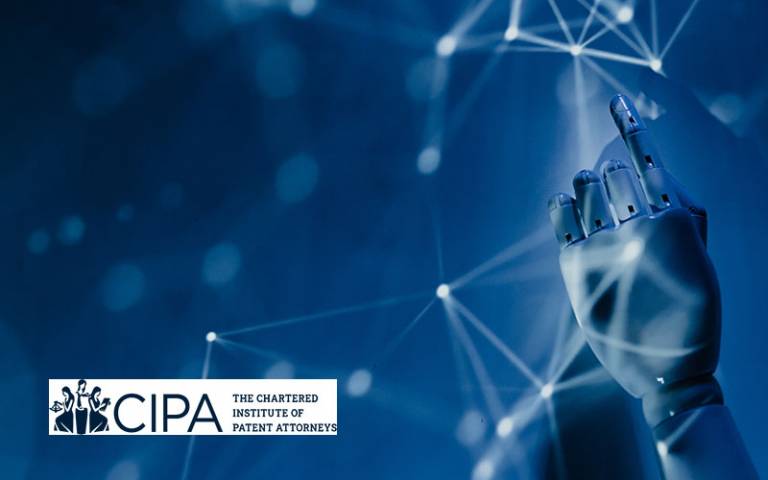ONLINE: AI: Reinventing Inventorship?
01 December 2021, 6:00 pm–7:30 pm

The annual UCL Institute of Brand & Innovation Law (IBIL) innovation seminar in association with the Chartered Institute of Patent Attorneys (CIPA)
Event Information
Open to
- All
Organiser
-
UCL Laws Events
About this event
A few weeks ago, the Court of Appeal for England and Wales handed down the long-awaited judgment in Thaler v Comptroller General [2021] EWCA Civ 1374. The Court, by a majority of two to one, upheld the earlier decision of the UKIPO and High Court that a patent application filed by Dr Stephen Thaler should be deemed withdrawn. It was the majority view that, despite timely filing of a Patents Form 7 which identified the inventor as DABUS (the name of Dr Thaler’s AI machine), he had failed to comply with Section 13(2) of the Patents Act 1977.
Lord Justice Arnold’s conclusion was based upon a ‘systematic interpretation’ of the term ‘inventor’. Rather than ‘identifying the person … whom he believe[d] to be the inventor’ - as the Form 7 required - Dr Thaler had ‘deliberately identified a non-person as the inventor’. The answer given – DABUS – was a simply a ‘legal impossibility’. Arnold LJ emphasised that this was not some new ground of refusal, or a mere formality, but simply gave effect to the statutory requirement that ‘the inventor must be a person’. Lady Justice Laing agreed. In his dissent, Lord Justice Birss agreed that DABUS is not the ‘inventor’ or ‘actual deviser’ of the claimed invention, but he placed more weight on the purpose of Section 13(2). Having traced its legislative history, Birss LJ identified that the provision was enacted to place the basis of the applicant’s entitlement claim in the public domain (thereby giving someone believing to have a better claim the opportunity to lodge a challenge). Dr Thaler had completed the Form 7 honestly and as fully as he could. As his claim to derivation of the rights was clear, and would appear on the Register, he had fulfilled his Section 13 obligations.
Leave to appeal the decision to the UK Supreme Court is currently pending, reflecting the uncertain status of Thaler’s co-pending applications in a number of jurisdictions around the world. The Court of Appeal noted that the possibility of legislative change in light of the Government’s ongoing consultation about AI and IP - but emphasised that the Thaler case must be decided on the basis of what the current law is and not what it ought to be. However, IBIL and CIPA have brought together a distinguished panel of speakers who are not so constrained! One view is that in substance Dr Thaler was the inventor – the first person to know the invention and thus be possessed of it. But if the current definition of ‘inventor’ does not extend to AI, then should it be revised? If UK law is to be fit to face the challenges of the future does ‘inventorship’ need to be redefined?
Our speakers
Welcome: Professor Sir Robin Jacob, UCL Faculty of Laws, Co-director of the UCL Institute of Brand and Innovation Law
The Panel:
- Professor Ryan Abbott, University of Surrey
- The Hon. Justice Beach, Federal Court of Australia
- Coreena Brinck, Zacco A/S, Member of CIPA Computer Technology Committee
- Nicki Curtis, Senior Policy Advisor, UK Intellectual Property Office
Chair:
- Gwilym Roberts, Kilburn & Strode LLP, Honorary Secretary of CIPA
Watch the recording
 Close
Close

